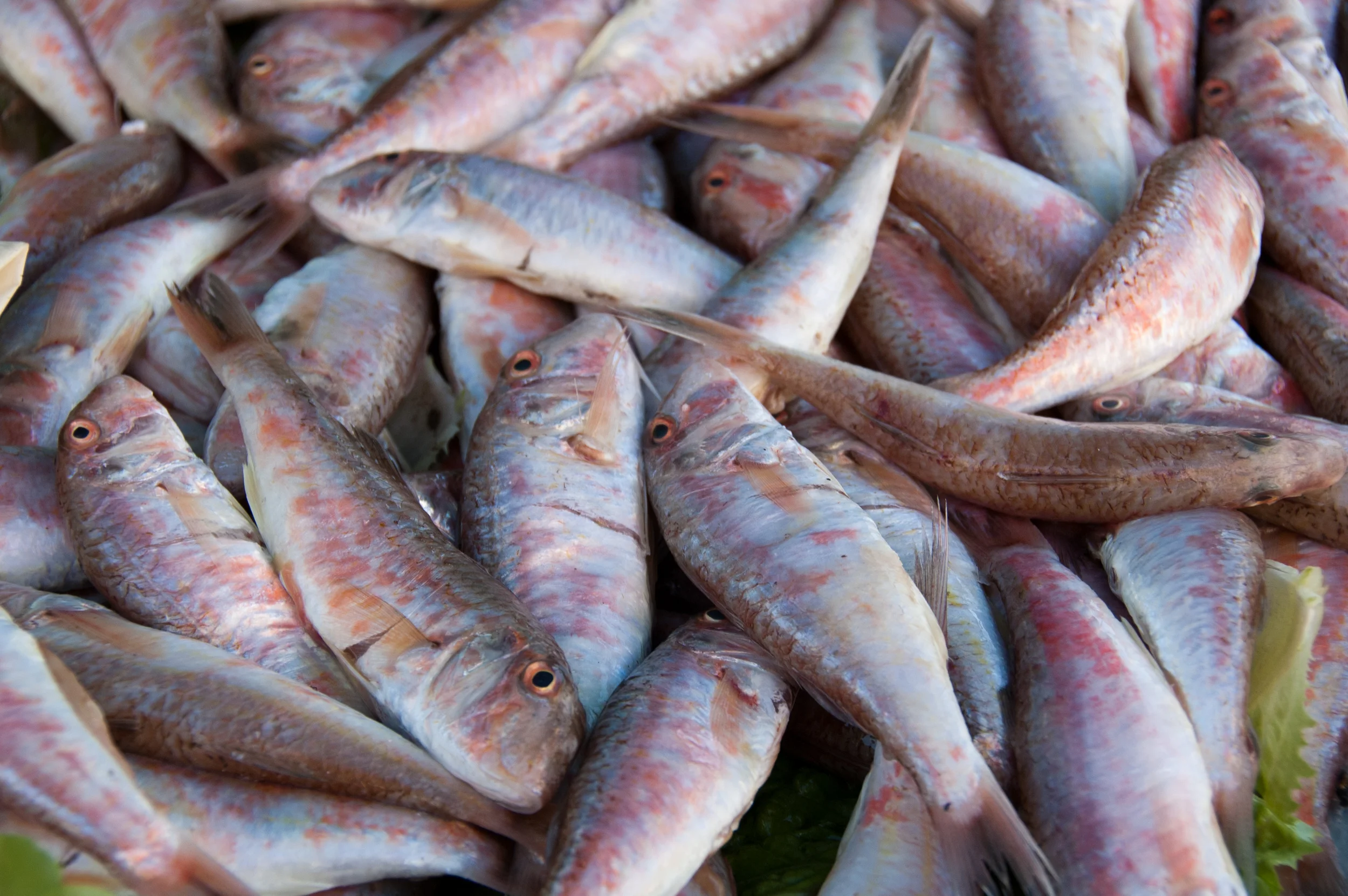From EarthTalk®
E - The Environmental Magazine
Dear EarthTalk: How is it that our more effectively managing ocean resources could help us better feed the world? -- Missy Jenkins, Boone, IA.
Hunger is a growing problem around the world, in both developing and developed countries. As our population continues to rise, the amount of arable land per capita is declining and climate change is either drying out or flooding many formerly productive agricultural belts, making it more and more difficult to keep up with the growing demand for food. The United Nations Food and Agriculture Organization (FAO) reports that we must produce 70 percent more food globally if we are to feed the world’s increasing numbers of hungry people in the coming decades.
While more efficient agricultural practices can help, conservationists are increasingly looking to the ocean as a potential way out of our hunger woes. According to Oceana, a leading non-profit dedicated to protecting the world’s oceans and marine biodiversity, wild seafood “requires no fresh water, produces little carbon dioxide, doesn’t use up any arable land and provides healthy, lean protein at a cost per pound lower than beef, chicken, lamb and pork, making it accessible to the world’s poor.”
But like other natural resources, fish stocks have also been in decline in recent years as a result of decades of overfishing. “The global fish catch peaked in the late 1980s and has been declining ever since,” reports Oceana. Indeed, data show the amount of fish caught around the world has fallen by some 18 percent over the last three decades. “If current trends continue, we’ll only have enough wild seafood to feed half the world’s population in 2050,” says the group.
“These are steps that have been proven to restore stocks of fish wherever they have been implemented,” adds Oceana. “While it’s counterintuitive, by imposing limits to what we catch today we will actually be able to increase the amount of fish that we catch tomorrow.” The group cites research showing that “sensible management” could increase fish yields up to 40 percent and increase the biomass in the oceans by almost 60 percent. “If managed wisely, our fisheries could provide the world with 700 million nutritious meals every day.”
Through its “Save the Oceans, Feed the World Campaign,” Oceana is focusing its efforts on convincing national governments in countries that dominate the world’s fish catch to manage their own fisheries better. The fact that each coastal country is in control of an “exclusive economic zone” extending 200 nautical miles from shore and that these shallow near-shore waters contain the vast majority of marine life means that convincing a few key governments to reign in overfishing can make a world of difference.
CONTACT: Oceana, oceana.org.
_____________
EarthTalk® is written and edited by Roddy Scheer and Doug Moss and is a registered trademark of E - The Environmental Magazine ( emagazine.com ). Send questions to: earthtalk@emag
Photo by Paul Asman and Jill Lenoble

